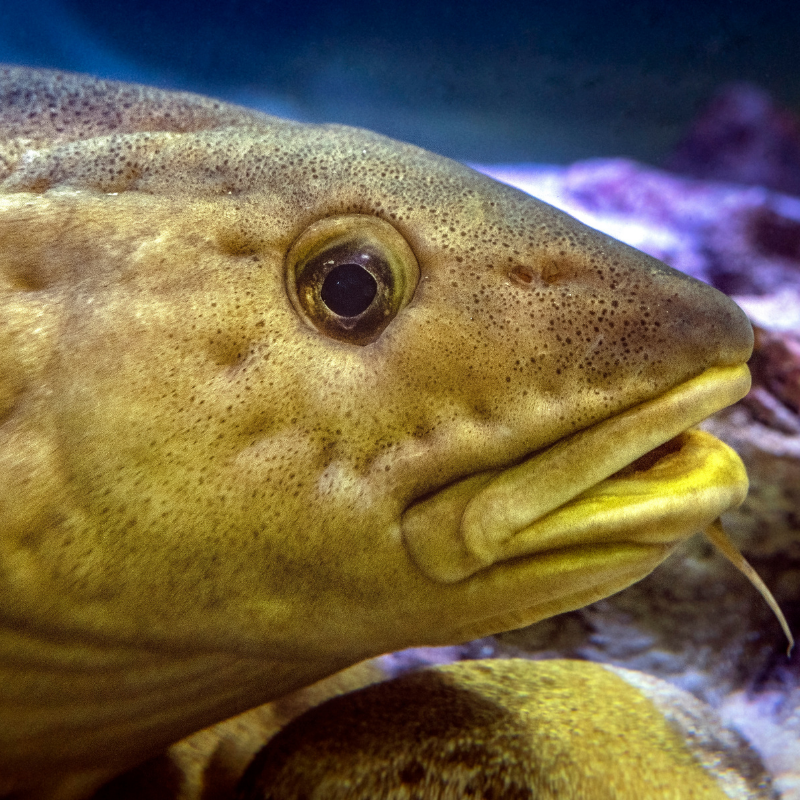Next working day delivery with Royal Mail Tracked 24
Around our Shores: The Historical Importance of Cod Fish

For the Love of Cod
Cod is the common name for the fish genus Gadus, belonging to the family Gadidae. Cod is also used as part of the common name for a number of other fish species, and forms the staple of a good old-fashioned English fish and chips meal.
It may appear at first glance that Cod is seen as nothing more than an abundant (or perhaps not so) source of food for Northern Europeans, but the historical importance of this fish cannot be understated. Salted Cod was eaten readily during medieval times, and according to many, consuming the humble Cod sustained and enabled the exploration and crossing of the Atlantic ocean by early Europeans.
It is documented that the Vikings ate Cod in Greenland, and on their expeditions to America which were recorded in their sagas. Cod could be frozen and dried to preserve it, providing a long-lasting and nutritious food source for Viking sailors. In addition to consuming it, the Vikings also traded cod with the rest of Europe, especially England and Flanders.
So, next time you order a cod and chips, if you are so inclined to eat fish (unlike me!), spare a thought for how this humble cold water sea fish has contributed to the development of the way of life we all enjoy.

Photo credit(s): Canva Pro Licence, Getty Images slowmotiongli









